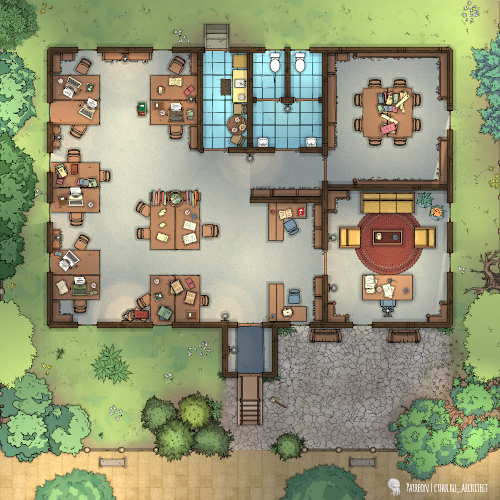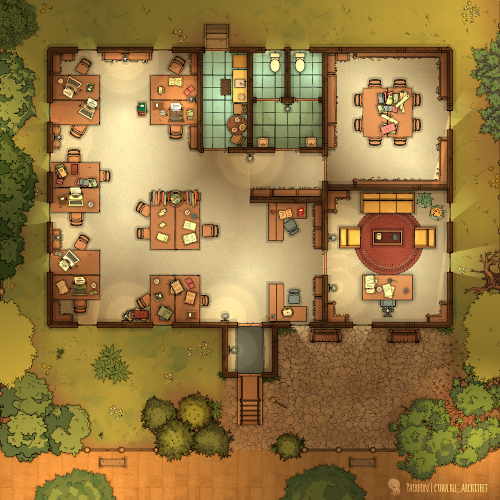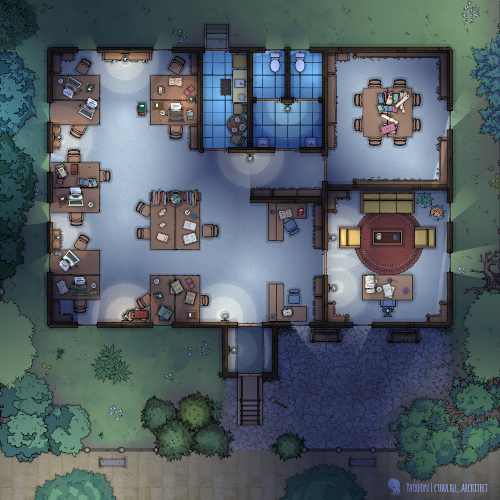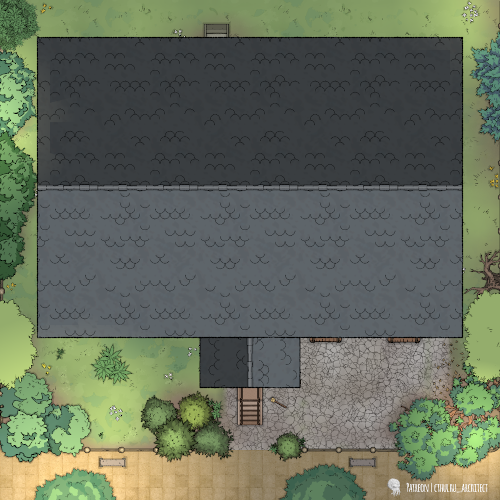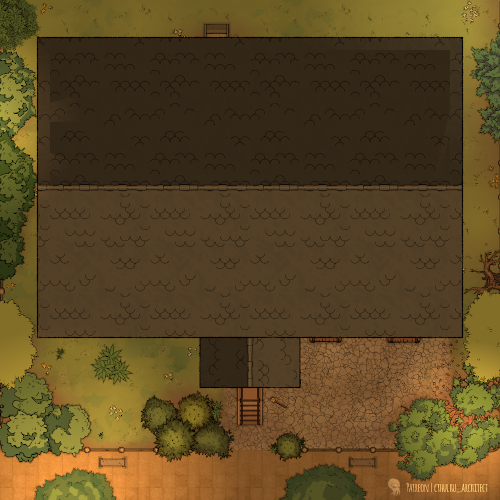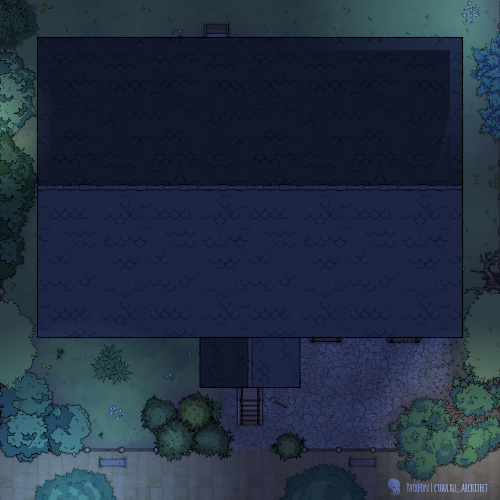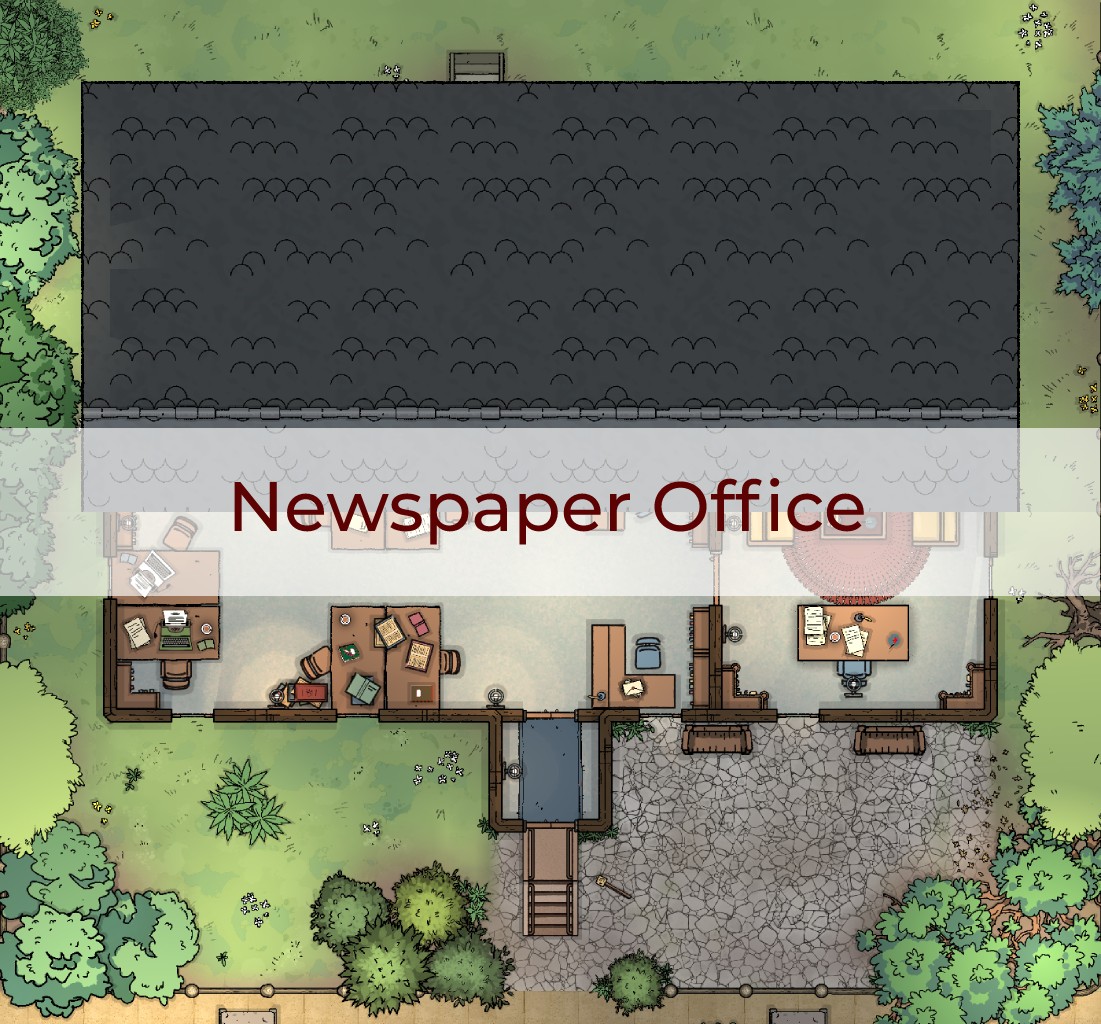Why do certain stories get killed at the last minute despite solid sources, and what happened to the investigative reporter who was working the waterfront beat? Which archived editions have pages deliberately removed, and why does the editor receive those unmarked envelopes every month? What's locked in that basement darkroom nobody's used in years?
Follow Cthulhu Architect on BlueSky!“As a result, these societies became surprisingly passive and reticent. Newspaper men were harder to manage, but seemed largely to cooperate with the government in the end.”
The Millbrook Gazette had been the town’s voice for over a century, but Cordelia Thorne noticed something wrong the moment she stepped through its doors as the new night editor. The floorboards groaned with an odd rhythm, almost like breathing, and the air held the metallic tang of old ink mixed with something she couldn’t quite identify.
She’d taken the job because legitimate newspaper work was scarce, and the Gazette’s editor, Mr. Pemberton, had been surprisingly eager to hire someone willing to work the graveyard shift. “Just keeping the presses warm,” he’d said with a nervous laugh, avoiding her eyes. “Sometimes stories come in late, you understand.”
On her third night, Cordelia discovered the archive room behind the main floor. Dust-covered filing cabinets stretched into shadows, filled with decades of stories. But it was the locked cabinet in the corner that drew her attention---the one marked “RESTRICTED: EDITOR’S DISCRETION ONLY” in faded red ink.
The key hung on Pemberton’s ring, carelessly left on his desk. Inside, she found folders dating back forty years, each containing stories that had apparently been written but never published. Headlines like “SEVEN CHILDREN VANISH DURING HARVEST MOON” and “STRANGE LIGHTS OVER MILLBROOK: THIRD INCIDENT THIS MONTH” filled page after page of yellowed copy.
As she read deeper, a pattern emerged. Every few years, someone would investigate these recurring phenomena, would dig too deeply into the town’s peculiar incidents. The reporters’ handwriting would change as their stories progressed---starting neat and professional, becoming increasingly frantic, filled with crossed-out words and desperate scribbles in the margins.
The final entry in each folder was always the same: a resignation letter, hastily written and signed, followed by a newspaper clipping announcing the reporter’s sudden departure from town. Or their death. Always something sudden, always something convenient.
Cordelia was so absorbed in the files that she didn’t notice the printing press starting up in the main room until the rhythmic thudding filled the building. She crept to the doorway and peered out. The massive machine was running, feeding blank paper through its rollers, but no one stood at the controls.
As she watched, words began appearing on the emerging pages. Not the clean, uniform text of typeset print, but something else---crude letters that looked almost carved, spelling out a message that made her blood freeze: “CORDELIA THORNE KNOWS TOO MUCH.”
She grabbed the restricted files and ran for the exit, but the front door wouldn’t budge. The windows were sealed shut, painted over from the inside. Behind her, the printing press continued its work, and she could hear more machines starting up---typewriters clicking in empty offices, their keys depressing by themselves.
The next morning, Pemberton found her resignation letter on his desk, written in handwriting that grew increasingly erratic toward the end. He filed it away with the others, then added a new folder to the restricted cabinet: “THORNE, CORDELIA - FINAL INVESTIGATION.”
The Millbrook Gazette continued its work, as it always had, keeping the town’s darkest secrets buried in ink and silence. And sometimes, on quiet nights, visitors claimed they could still hear the presses running, printing stories that would never see the light of day.
